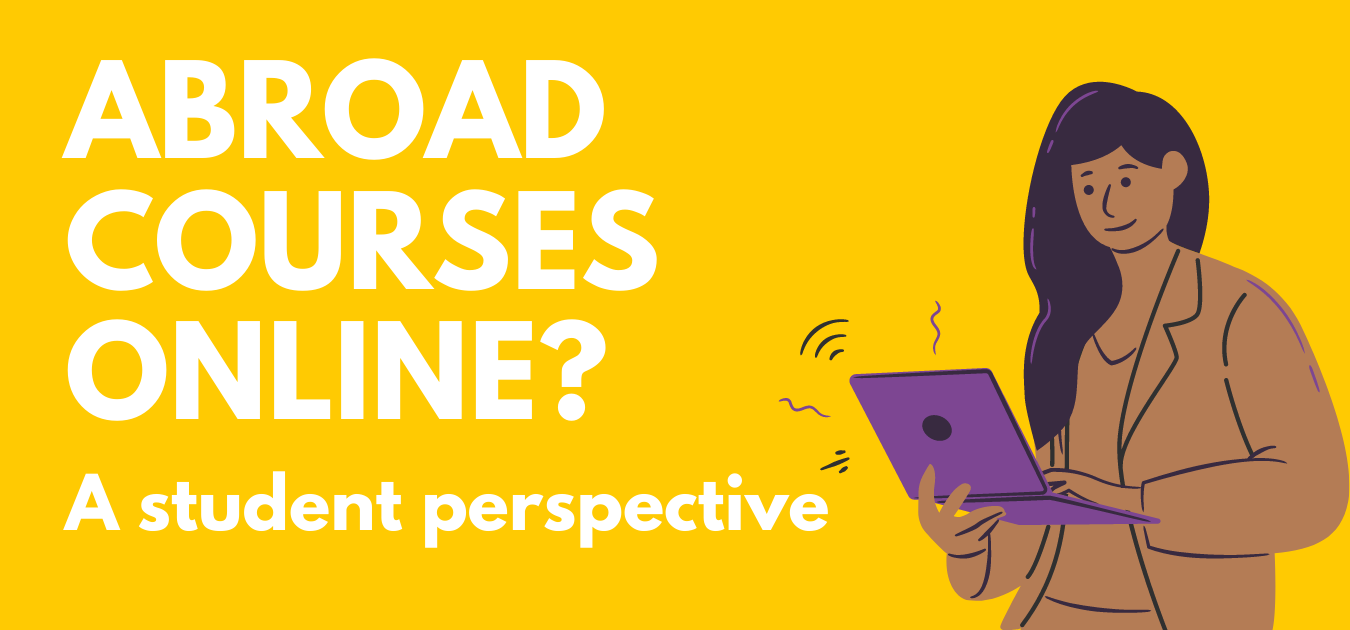All things considered, having the opportunity to take “abroad” classes has allowed me to immerse myself within another culture. It’s definitely different than being in person and getting the first-hand experience, but learning through professors that are Costa Rican Natives is the next best thing! Overall, I enjoy my classes and it has been a very educational and mind-opening experience to learn about varying healthcare systems and cultural differences.
I wasn’t very surprised that this term’s abroad experience was canceled since I understand that Corona Virus was very serious, and it was in the best interest of everyone to stay home and prevent the spread of the disease. It was upsetting going through the whole application process and to not be able to go in-person, however, the perk of being allowed to take virtual classes has allowed me to continue to fulfill my plan of study and learn concepts about health care that I wouldn’t have been able to from my current curriculum now.
I feel like I am learning about different skills and cultural aspects from afar! These courses have taught me how to approach, from a Health Care perspective, vulnerable populations as well as how to encourage change and improvement through essential steps. I have also learned about the cultural differences through the indigenous cultures presented during class. There’s always so much to learn and I am trying my best to soak everything up in such a limited amount of time.
Drexel, my home university, teaches us that primary care is key and that it can prevent poor health outcomes in the future. This idea is also emphasized throughout the virtual Costa Rican classes with ICDS! The difference though is that Costa Rica seems to enforce this ideology throughout their health care system, whereas the US is very focused on specialization care. Through my understanding, Costa Rica has a universal health care system that has many clinics that run throughout their country (even into the rural areas). This allows for access to free quality health care anywhere within their country, while the US has many uninsured individuals that must decide on whether to get a check-up or feed their families. This concept really challenges my nursing knowledge because I believe access to health care should be a human right, so it has encouraged me to be a more prominent advocate for these vulnerable populations in my own home.
I would advise my fellow students to take these courses if they are looking to advance their knowledge and enhance their minds. These classes are challenging and will make you question your current understanding of the “best” health care systems; however, they will leave you with a clearer picture of what an ideal system may include and how to better approach culturally different populations as well as vulnerable populations to ensure that all persons are treated with respect and quality health care.


